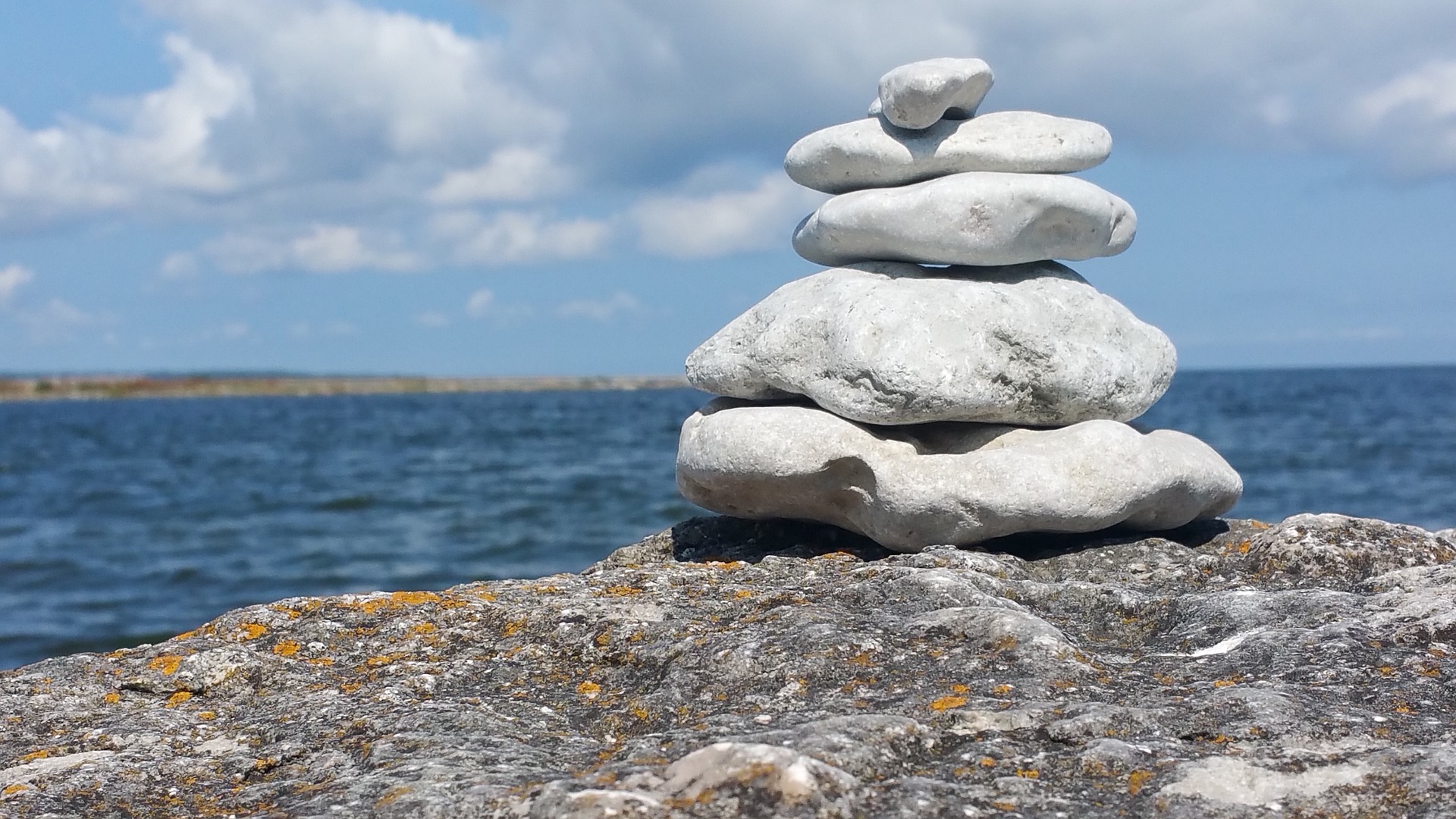Mindfulness in 2020

Stress levels are spiking
Findings from the Pew Research Center, Harris Polls, and American Psychiatric Association all report that since the start of the COVID pandemic, levels of stress in Americans have been spiking. Across the country, mindfulness meditation is attracting new interest as people seek healthy ways to manage the myriad stresses roiling national and personal affairs.
Meditation is something you can do on your own, anytime, at home or out and about; no equipment, special clothing, or membership required.
At its core, mindfulness has to do with awareness of the present moment. Mindfulness meditation can be thought of as attention training that elevates our ability to focus, so that we’re “here” in the present moment, vs being lost in thought or feeling without realizing it. Mindfulness training also develops the skill of clarity, along with concentration, so that we’re better able to keep track of and make sense of our experience in real time.
Let’s consider emotions as an example. Our emotional life can motivate our actions and fuel our creativity. But when we’re caught up in our emotions or unaware of their effect—overwhelmed --we may say or do things we later regret. Getting to know our emotions through mindfulness meditation practice promotes more skillful actions, creativity, and more inspired communication and self-expression.
What else could mindfulness meditation do for you?
With practice, our levels of skills grow and so do the benefits. As reported by individuals and the scientific and medical research literature, these include:
- stress reduction
- decreased anxiety and depression
- improved cardiac health
- improved resilience
- better sleep at night
- ability to manage chronic pain without medicine
As alluded to in the list of benefits, while many people practice for general well-being and stress management, some people practice mindfulness for specific reasons, such as managing overeating or to enhance performance, e.g., their golf game. It’s important to note that practicing mindfulness doesn’t keep you from trying therapy, medication, or other objective interventions for stress, and medical care should always be sought for any serious physical or emotional/mental concern or condition. While mindfulness can be a beneficial complimentary therapy for people managing serious conditions, e..g., back injury or migraine headache, it can never take the place of licensed medical care.
A good analogy for developing mindfulness skills is training for a marathon, or taking up a new hobby such as playing guitar or samba dancing. A little instruction helps most people gain familiarity with basic concepts, terms, and skills; after that, the results you get will reflect the time you can put in to practice.
You don’t need a lot to get started. There are many books and apps out there as well as online retreats and coaching. There’s a technique to suit every personality and need. Some people find one technique they like and practice that for weeks or even years.
The good news is that studies that look at the benefits of meditation on brain health (promoting neuroplasticity, preserving gray matter) suggest that just 10 minutes a day is enough time to make a meaningful difference!
As with most things, it’s a good idea to do some research. Check the credentials of any prospective teacher(s) or coach, a term used by many of those “in the biz” for its client-centered connotations, and talk to them. Ask about their training, and ask them about their own experiences.
A hidden opportunity to today’s pandemic-related restrictions is that it may be easier than ever to find 10-15 minutes to practice at home!
Best of luck. Enjoy!
References
Read:
- Dan Harris, 10% Happier – journalist whose on-air panic attack led him from skepticism to meditation https://amzn.to/2NLnc4h (& watch https://www.youtube.com/watch?v=18vnOJUtc4w)
- Jon Kabat-Zinn, Wherever You Go, There You Are: Mindfulness Meditation in Everyday Life - landmark first published in 1994 https://amzn.to/3ieblKa
- Rhonda Magee, The Inner Work of Racial Justice: Healing Ourselves and Transforming Our Communities Through Mindfulness https://amzn.to/2YMCrAo
Watch:
TEDx Talk on the positive impact of meditation on the brain on Harvard neuroscientist Sara Lazar’s lab’s site https://scholar.harvard.edu/sara_lazar. (Lazar liked her first yoga class but doubted the claims of yoga teacher. Her skepticism led her from the yoga studio to the research lab.)
Do:
The CORE Training Gives You Everything You Need To Start or Deepen Your Own Mindfulness Meditation Practice...For Free!
https://unifiedmindfulness.com/core
Feel free to contact me for a complimentary 30-minute mindfulness consultation: hannaleanne@yahoo.com
About the author

Leslie Hanna has 25 years of experience as a technical communications strategist and content developer working in public health and the pharmaceutical industry. Currently, she is Director of Communications for Orbis-BiOAID, a San Francisco Bay Area-based technology company.
Leslie is also a certified mindfulness coach. She completed a rigorous 12-month Unified Mindfulness (UM) training program that entailed over 200 hours of coursework, practice, and student teaching. While getting her M.A. in Communications Sciences, she also completed a two-semester Mind-Body Medicine Workshop, based on Jon Kabat Zinn’s Mind Body Stress Reduction Program (MBSR), at the University of Cincinnati Medical School. She is a trained and board-qualified therapist.
Prior to making the decision to join the inaugural UM teacher training class to become a certified instructor, Leslie was a happy meditation dabbler, attending numerous meditation retreats and workshops over the past 20 years. She has had a mostly regular yoga practice for 30.
